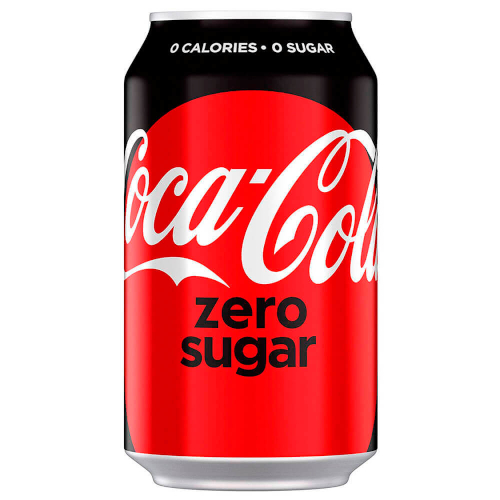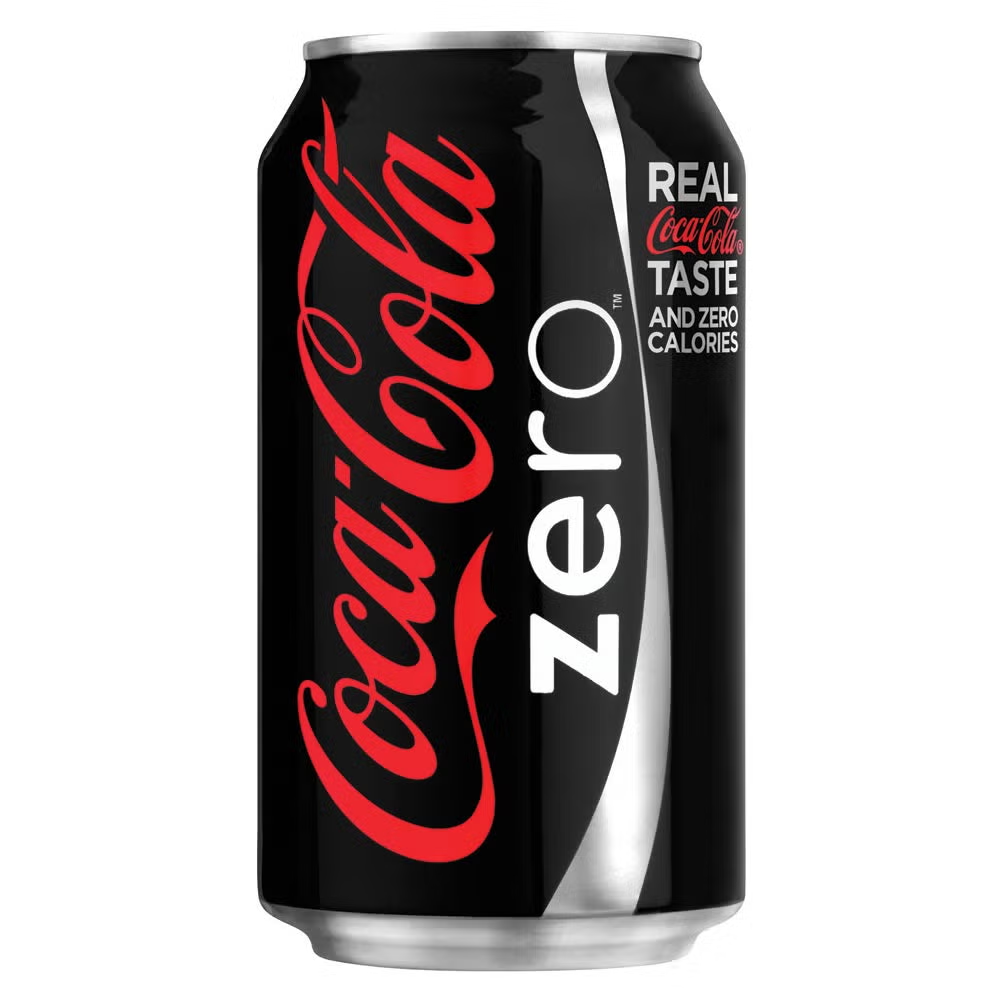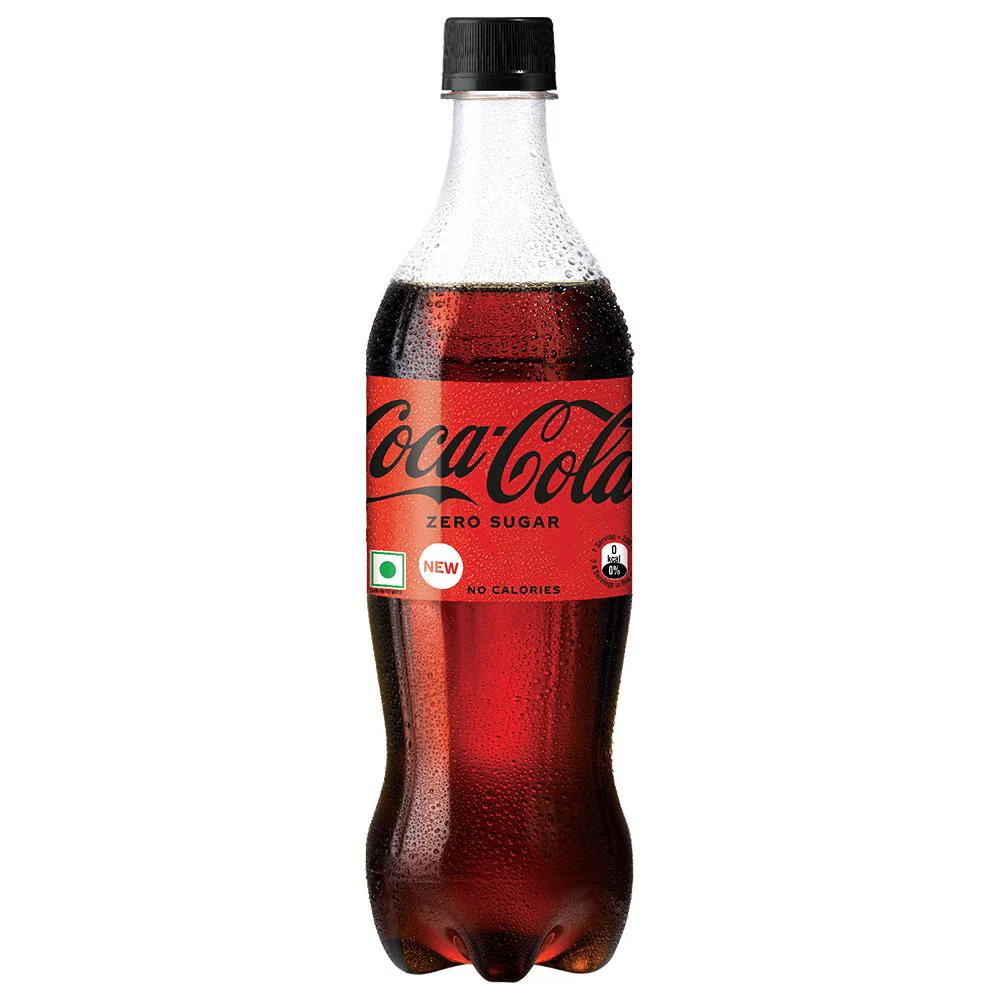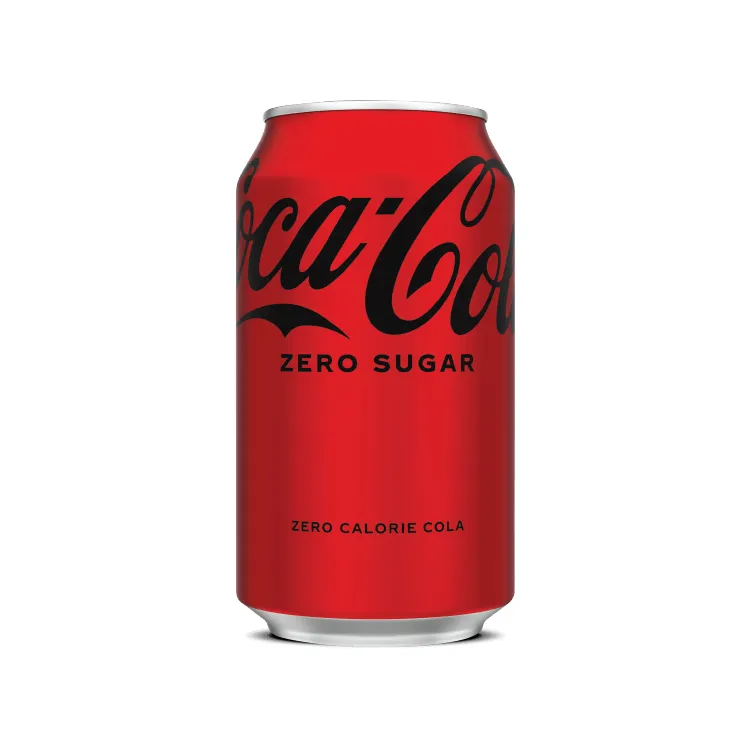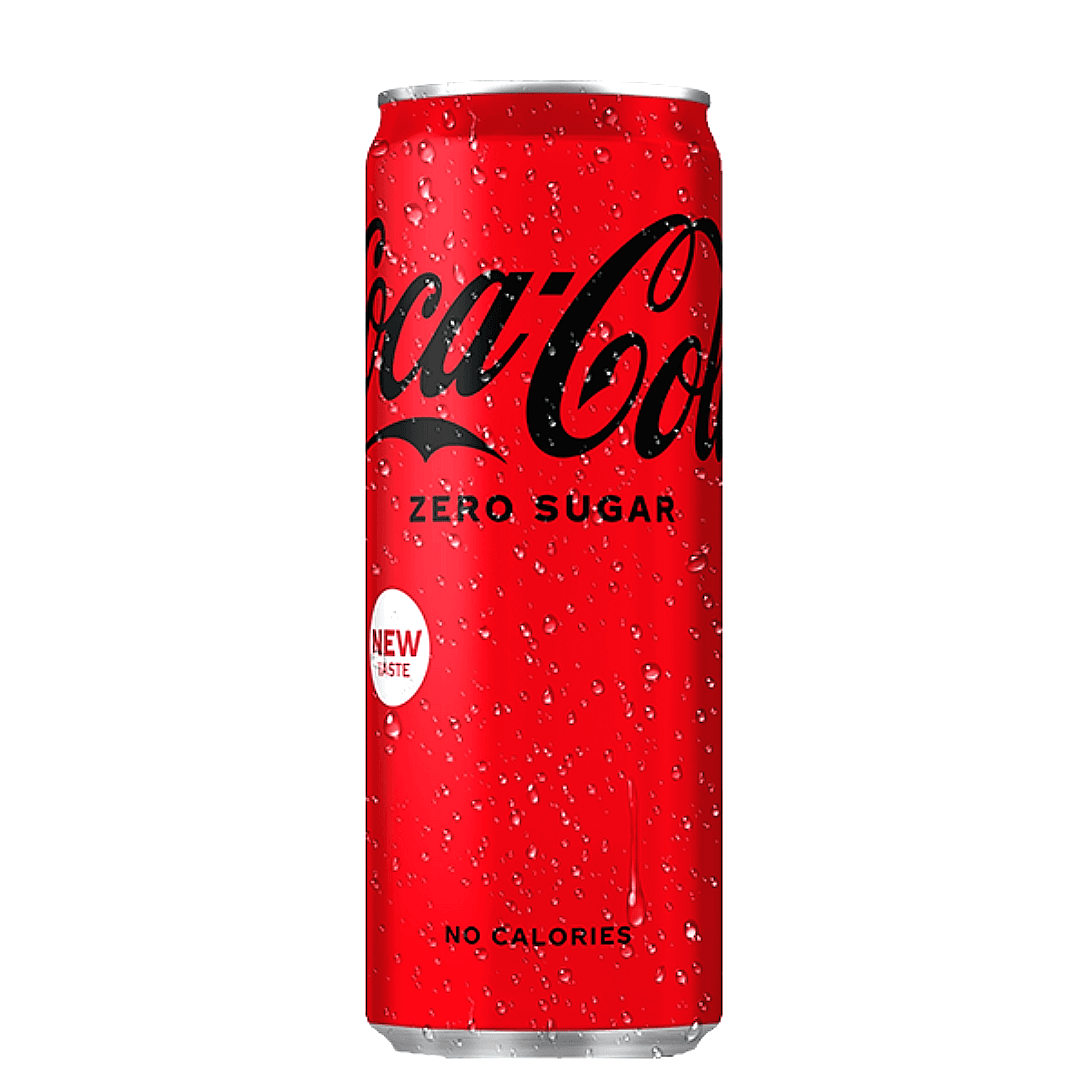Description
Coca-Cola Zero Sugar: The Zero-Calorie Challenger Taking on the Classic
Coca-Cola Zero Sugar. The name practically screams its purpose: to deliver the iconic Coke experience without the sugar and calories. For years, dieters, health-conscious consumers, and those simply looking to reduce their sugar intake have sought a satisfactory alternative to the original Coca-Cola. And while many diet versions have come and gone, Coca-Cola Zero Sugar (formerly Coca-Cola Zero) has arguably become the most successful, positioning itself as a true contender to the classic.
The Quest for the Authentic Taste:
The journey of Coca-Cola Zero Sugar hasn’t been without its bumps. Early iterations of sugar-free Coca-Cola often faced complaints about a distinctly different, and sometimes less appealing, taste profile compared to the “real thing.” Coca-Cola Zero Sugar, however, was designed with a relentless focus on achieving a flavor that closely mimics the original recipe. Through meticulous reformulation and testing, the company aimed to create a zero-calorie soda that delivered the same satisfying experience. And for many, they succeeded.
What Makes it Different?
Coca-Cola Zero Sugar achieves its sweetness through the use of artificial sweeteners. The specific blend of sweeteners has evolved over time, often including aspartame and acesulfame potassium (Ace-K). These sweeteners provide a significantly sweeter taste than sugar, allowing for a zero-calorie formulation. While the health implications of artificial sweeteners are a topic of ongoing debate, they remain the cornerstone of the zero-sugar beverage industry.
Beyond the sweeteners, Coca-Cola Zero Sugar also incorporates subtle variations in its flavor profile to further emulate the original Coke. While the exact recipe remains a closely guarded secret, adjustments in acids and other ingredients contribute to the overall taste experience.
Marketing and Consumer Perception:
Coca-Cola has strategically marketed Coca-Cola Zero Sugar to resonate with consumers who desire the taste of Coke without the guilt. The sleek, often black and red packaging, coupled with targeted campaigns focusing on flavor parity, has helped position the drink as a viable alternative, rather than simply a “diet” soda. This careful branding has broadened its appeal beyond just calorie-conscious individuals.
The Verdict:
Coca-Cola Zero Sugar is undoubtedly a popular choice for those seeking a zero-calorie soda. While taste is subjective, many find it to be a convincing and satisfying alternative to the original Coca-Cola. Its success is a testament to Coca-Cola’s commitment to delivering a product that caters to evolving consumer preferences and health consciousness.
However, it’s important to remember a few key points:
- Artificial Sweeteners: While deemed safe by regulatory agencies, the long-term health effects of artificial sweeteners are still being studied.
- Moderation: Even though it’s zero-calorie, excessive consumption of any carbonated beverage may have other potential health consequences.
- Personal Preference: Ultimately, the best soda is the one you enjoy the most. Don’t be afraid to experiment and find what works best for your palate.
In conclusion, Coca-Cola Zero Sugar has carved out a significant niche in the beverage market. It represents a continuous effort to innovate and adapt to changing consumer demands, proving that sometimes you can have your Coke and (almost) feel good about it too.

